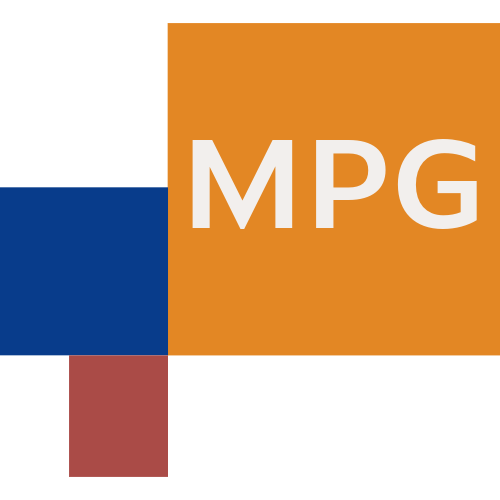menu
menu
Menu
cancel
- arrow_back_iosBacknavigate_nextpersonPersonal
- groupCommunities
- articleBlogs
- eventEvents
- sourceTemplates
- question_answerQuestions
- schoolLearning
- business_centerBusiness
- live_helpFAQ
2. **How do evolving communication technologies influence the way organizations adhere to and implement reporting standards, particularly concerning real-time data reporting and transparency?
3. **In what ways do reporting and communication standards address issues of ethical disclosure and prevent the manipulation of information for corporate advantage?
These questions cover various aspects of reporting and communication standards, including comparisons, technological influences, and ethical considerations.?
**What are the key components of an effective anti-corruption policy, and how can organizations ensure they are implemented and maintained over time?
2. **How do anti-corruption policies vary across different countries, and what international frameworks or agreements exist to promote global standards for combating corruption?
3. **What measures can be taken to evaluate the effectiveness of anti-corruption policies, and how can organizations or governments adapt their strategies based on these evaluations?
**What are the key technologies and tools commonly used in implementing real-time monitoring systems, and how do they differ across various industries?
2. **How can organizations ensure the security and privacy of data being collected and processed in real-time monitoring systems, especially in sectors like healthcare and finance?
3. **What are the main challenges faced by businesses when integrating real-time monitoring with existing legacy systems, and how can these challenges be effectively addressed?
How can businesses effectively measure and report their social impact to ensure transparency and accountability to stakeholders?
